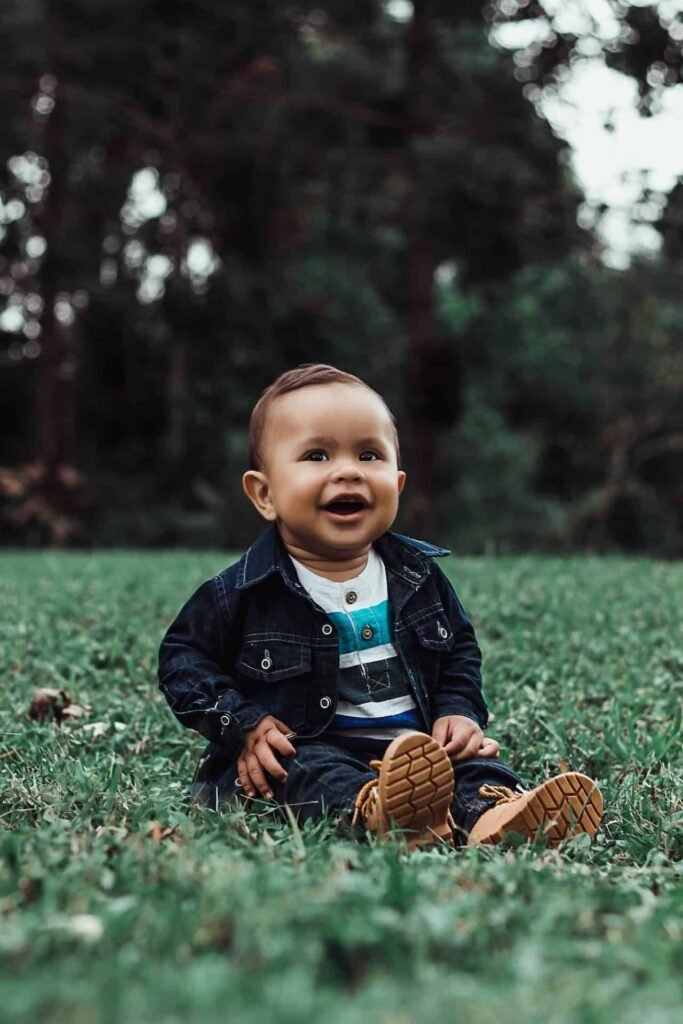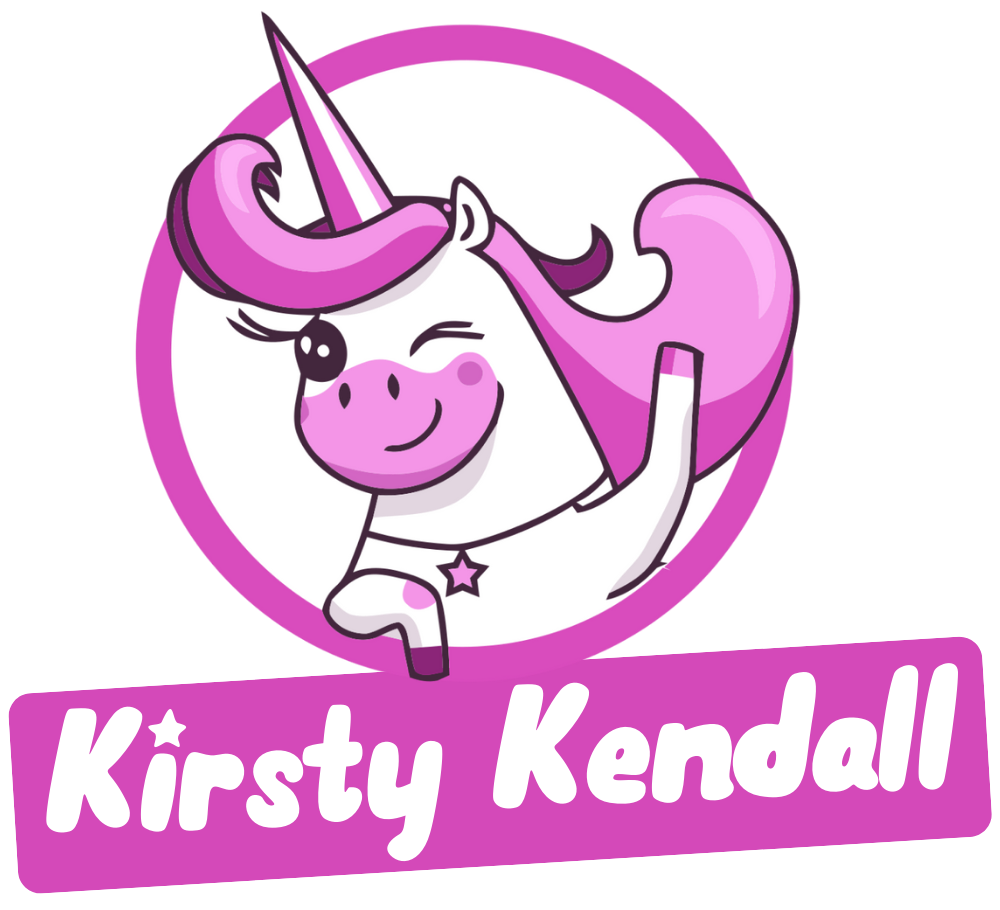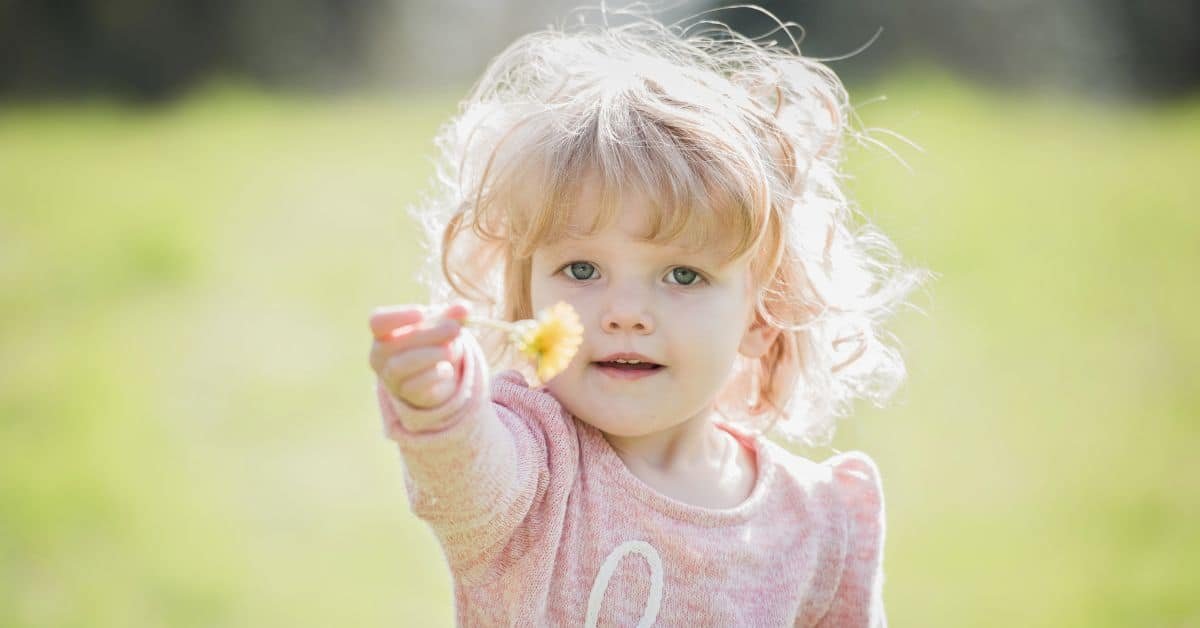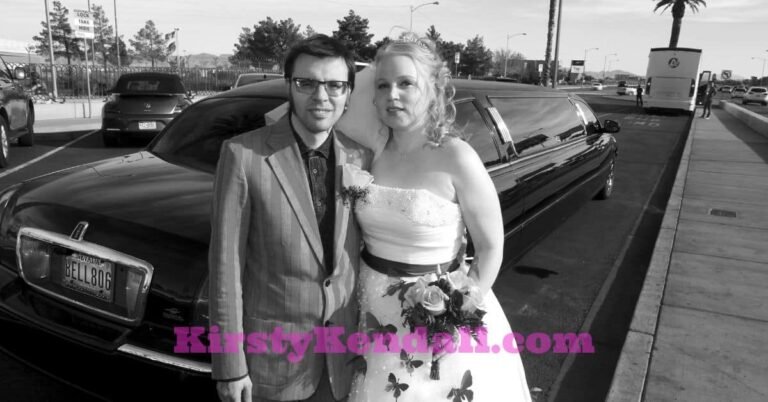I remember events from earlier in my childhood than most people. I have vivid memories since I was two years old. My earliest memory is from when I was nine months old.
I’ve always suspected that my early childhood memories have something to do with my autism.
It turned out I was right. A study reveals that autistic people have memories from an earlier age in childhood than neurotypical people.
I have memories since I was a baby
My earliest memory is from when I was nine months old. My parents took me with them when they went to pick up blueberries in the woods. I remember traveling in a baby sling on my father’s back.
I also remember my first birthday. That’s when I learned to walk using a red train toy with a push handle.
I have only a couple of faint memories from when I was younger than two years old. However, my memories from the age of two are vivid and clear. Yeah, I remember sitting on a potty and everything!
I remember when my little brother was born. I was two years and four months old at the time.
We took the baby home from the hospital and walked by a dumpster. I asked my parents if they would dump me in the dumpster now. I genuinely felt abandoned. But I remember I was happy at home when I got to hold the baby on the sofa.
I wonder if I have memories from an early age because I learned how to talk very early. It might also be related to my autism.
A study reveals that autistic people have vivid memories from a very young age
A study published in 2016 reveals that autistic people remember events from an earlier age in childhood than neurotypical people. The autistic participants of the study also had early memories with more sensory detail than the non-autistic participants.

Earlier studies indicate that autistic people have difficulties memorizing predefined events. The 2016 study revealed that when no cues were given, and the autistic participants were free to choose which memory to recall, they remembered events from very early in life.
The researchers speculate that the heightened response to sensory stimulation in autistic people might enable them to recall early memories using sensory pathways.
The study also refers to the intense world theory.
According to the intense world theory, people with ASD (autism spectrum disorder) experience the world more intensely because of their overactive brain circuitry.
The hyperactive brain circuitry could also lead to hyper-memory.
The study also indicates that language has an important supporting role in memory formation. That could also explain why I have such early memories. I learned to talk earlier than most children.
How about the hippocampus?
Research shows that autistic people have an enlarged hippocampus. The hippocampus is required for long-term episodic memory.
Could the enlarged hippocampus be the reason why people with ASD have vivid memories from such an early age? There is no research on the topic.

What is your earliest memory?
Research shows that autistic people have vivid memories from a younger age than neurotypical people.
The reason for that is still unclear. Is it because autistic people experience the world more intensely?
The result of the study is a fitting example of the fact that autism doesn’t always mean a lack of skills. In many aspects, autistic people have superior abilities compared to neurotypical people.
I remember how I thought and experienced the world as a two-year-old. My earliest memory is from when I was nine months old.
I know what it’s like to see the world through the eyes of a child. Because I still remember the details of my childhood like it was yesterday.
How about you? What is your earliest memory? How old were you? Please let me know in the comments!
You might also like:








I remember my mother’s daily routine from the time I was a baby. Picking me up from my crib, undressing me and putting me in the sink for my bath, laying me on the bedspread to diaper and dress me, etc. Watching her open the window to take in/put out clothes on the clothesline, etc. Getting fed in my high chair. All sorts of daily activities and events.
Thank you for sharing!
Yes I totally relate to this, I remember being left outside in my pram and various other scenarios in detail including sensory nuances. I was looking the topic up which is why I found it. Not only that but the older I get (now in my mid 50s) the more vivid my childhood memories seem to get and I use them for emotional regulation. Though my childhood wasn’t always a walk in the park, I in many ways prefer “living there” than in the present and feel deep sense of loss for the home, parents and sense of comfort and of safe boundaries etc. that I clearly recall from early childhood and sometimes choose to live there in my mind (or use sensory cues to help me get there such as music and objects etc.) as an escape from uncomfortable feelings in the present. I would hate to live without these memories and dread memory loss with old age with a vengeance. I can recall my mum accusing my clearly autistic dad of “living in the past” as he got older too; he would monologue about his childhood to anyone that would listen (I now wish I had paid more attention, he shared such details about a time long forgotten). I think it’s a gift!
Thank you for sharing! Childhood memories can bring a lot of comfort for sure, especially when you’re autistic. Fortunately, long-term memories don’t usually fade with old age, only short-term memory gets worse.
Hi,
I am autistic. I also have intense memories from early childhood, although I think mine are closer to 3 years old. I am 47.
If you want to understand the current reasoning on why autistic people have enhanced memories then I would search for “Children with Autism Have Extra Synapses in Brain”. There are studies which show that the brains of autistic people have more synapses, due to differences in the rate that synapses, and by association memories, are pruned. which will likely lead to a greater volume of preserved memories. Its also theoretically why some autistic people can be more “childlike” and why they preserve that wonder for the natural world. This is an advantage and sometimes a disadvantage!
KR,
Paul
Thank you for sharing, that’s interesting to know! Didn’t know about the synapses.